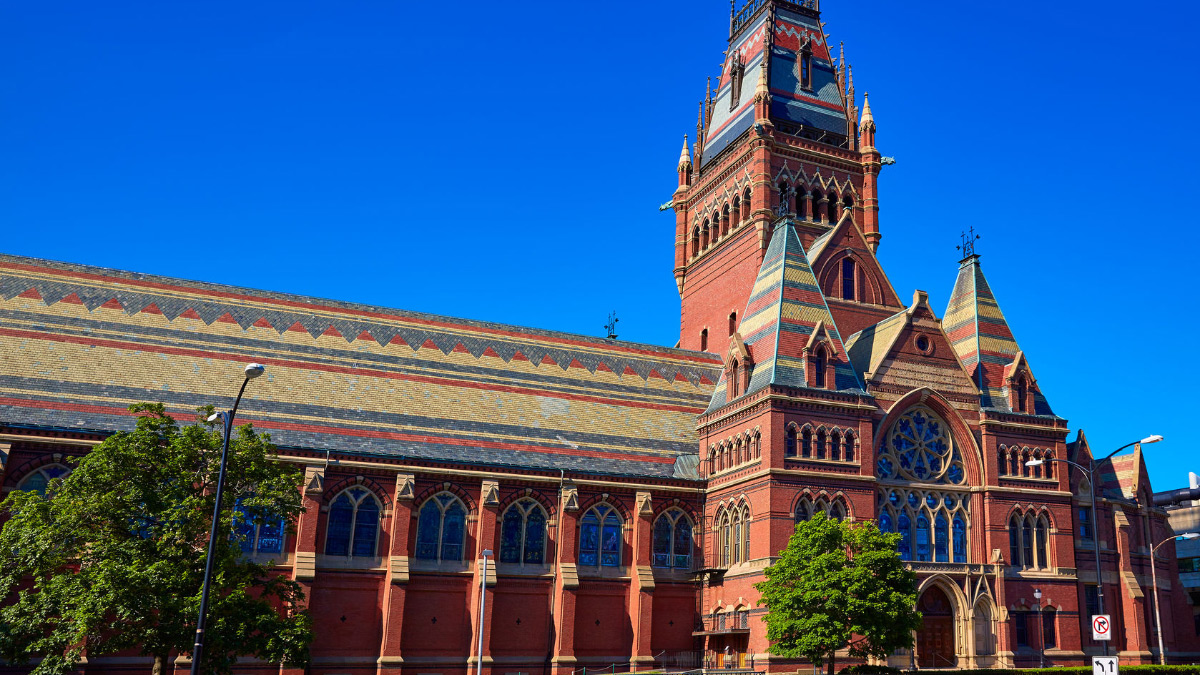For several years, something has puzzled me: the most elite, selective, expensive American universities are hotbeds of liberal activism. Liberal faculty outnumber conservatives at least five to one in the policy-related social science and humanities fields. Also, as Joshua Distel helps me document in a forthcoming book, the more elite schools often bring in outside speakers mostly decidedly left of center—far more so than at less selective public universities. Whereas high income residential areas on average tend to be relatively conservative, that does not hold for high income academic communities.
I have found that odd because liberals fancy themselves as champions of the poor and downtrodden, in contrast to conservatives who, wanting greater economic growth, are allegedly tolerant and even supportive of massive concentrations of income and wealth. Yet the top selective schools are effectively academic gated communities, training and nurturing an affluent American aristocracy not centered around land, as in the Middle Ages, but rather around the accumulation of human capital.
Data from Harvard’s Raj Chetty and his small army of associates demonstrate that the top colleges are dominated by rich kids. The median family income of students at most Ivy League schools is around a very hefty $200,000, but the average income is closer to $500,000 because of a sizable sprinkling of truly uber-rich kids. At some elite schools, more kids come from the top one percent of the income distribution than the bottom 60 percent. Poor kids are very considerably underrepresented. Yet progressives themselves disproportionately attend and work at these schools, try to get their own kids into them and donate to them.
I think that a significant part of the reason for the enthusiasm of liberals for elite universities despite their “finishing school for rich kids” orientation is that these institutions depend in large part on government provided money, directly or indirectly. Schools like Harvard often get over $500 million annually in federal research money, a significant hunk of it being in the form of so-called “overhead” compensation, funds that often in large part supports researchers generating grants or bureaucrats administrating them. The schools likewise have found their endowments swollen by favorable tax treatment. So-called “private” Harvard receives vastly more government money (federal and state combined) per student than, say, nearby Bridgewater State University or even the University of Massachusetts at Boston. Employees of the elite universities give their political contributions mostly to liberal Democrat politicians who in turn help them by expanding governmental spending for higher education, among other things.
The recent Varsity Blues college admissions scandal is really a continuation of favoritism towards wealthy kids that has existed for decades (centuries?), but it has received heightened attention because of its size. the tactics used, and the celebrity status of some of the parents. This is the latest of some early signs that progressives are finally becoming a bit disenchanted with colleges. Democratic members of Congress are talking of various attacks on such practices as legacy admissions, or are starting to favor requiring significant endowment payout rates to increase aid to lower income students. Research Justin Strehle and I report in my new book suggests that actually only modest amounts of endowment income actually go towards reducing costs for lower income students. I have been wondering when the drumbeat of protests over legacy admissions would get louder—that seems to be starting. The 2017 Republican-promoted excise tax on massive endowments is not being attacked by progressives as much now as shortly after it was enacted. The left is showing a bit less support for colleges in general and rich private schools in particular.
The Trump executive order on colleges was signed last week, and the left’s attack on it has been quite muted, because increasingly progressives recognize that attacking universities is becoming good politics. Americans don’t like suppressing free speech, which has happened on some campuses. They don’t like favoring students on the basis of personal biological or other characteristics, such as skin color, gender or sexual preferences. They don’t like favoring the rich, or using taxpayer dollars to subsidize the practice of giving alumni children preference over others.












